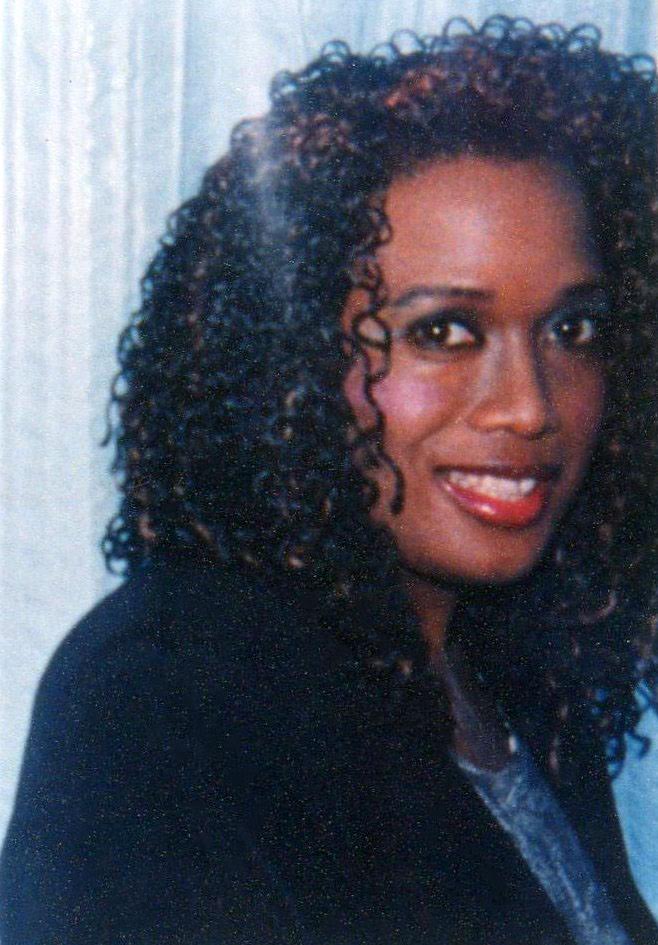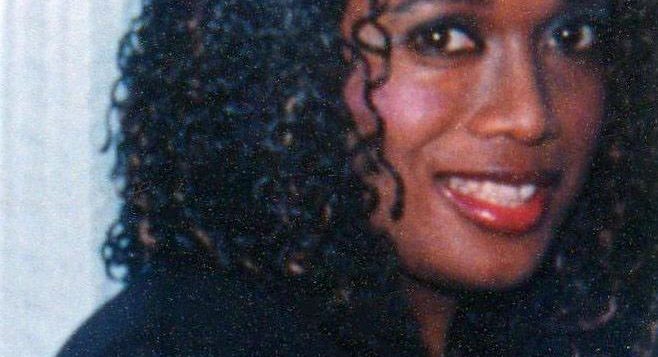
An individual’s life is what fascinates me most. More than causes, more than advocacy, which are laudable and necessary. But the first is what shows an audience a person’s complexities, and poignancy, their daily struggles.
As a film producer, I have always been drawn to true stories, the extra thrill, or chill, in realizing that “this” actually happened. Someone lived a particular event, introducing us to a world and/or worldview we’re unfamiliar with, and presented an angle we didn’t expect. Whether in success or failure, they’ve endured. And that, of course, makes for film drama.
“Gay lover passed as Army spouse.” That is was the headline I came across, while working on a military themed script, from the Army Times newspaper in 1991. The short article was extraordinary, as an Army spokesperson was quoted, “This is believed to be the first Army case of a man, living as a live-in lover who was recognized officially as an Army spouse.” Notice, no mention of transgender in that era, even the possibility that Stevie/Tiffany was living as a woman who had found the love of her life. Just an assumption that young Stephen Davis had left the Air Force and was living as a gay lover. Wrong, yet groundbreaking for the time. Given this article was published during “Don’t Ask, Don’t Tell,” the Army wanted to keep it a secret but I had to find her.
There was just enough information in the newspaper to track down a phone number, where I left a message that I was trying to locate Stephen Davis. When I received a call back, a sweet voice simply said to me, “This is Stevie.” And I knew in reality I had found Tiffany. We began a journey of discovery: me visiting her, she visiting me. We were a straight white man and a black transgender woman. And we pieced her story together, as we explored the beginning of friendship. Tiffany was anxious to tell me much, reluctant to tell me anything at all. She didn’t tell me what she thought I wanted to hear, what I wouldn’t find uncomfortable. Trust brings truth, and as we built a relationship, we found more of her truth.
Stevie Davis had an abusive childhood, feeling from early on that he’d been born “‘wrong.”’ One parent was accepting, but the other, more dominant one, was not, at all. Stevie yearned to escape, and found the most unlikely of ways to do it for a kid like him: in a military recruiting office. He lived a dual life in the Air Force, days as Airman Stephen, nights as ‘“Stephanie.”’ Stephanie found a succession of men, mostly soldiers, always looking for someone to love her. She wasn’t finding that. Imagine her struggles, the near impossibility of facing life as Stevie did. When you hear Tiffany tell it, you understand.
Stevie was charming and popular to many in the Air Force, even the base commander. But this wasn’t even the era of “‘Don’t Ask, Don’t Tell.”’ This was a time of where queerness was simply unacceptable. Stephen Davis was honorably discharged and sent on his way. But where was he supposed to go? Stevie faced his biggest moment of truth: to return back home as a boy, or to live life from then on as she felt, as a woman. And thus came Tiffany. She learned the tricks of the trade, and, to be honest, traded on the tricks as she learned to survive amidst the sexual underbelly of the military she had come to know well.
Tiffany never gave up hope for her ultimate goal, finding love, and a comfort in the body and soul she felt was hers. And that happened, in the form of a naive Army sergeant who knew nothing of her past, who loved the Tiffany who stood in front of him. For seven years, they lived Tiffany’s best hopes, of life as a woman, as a wife, and of acceptance. Until the Army blew it up.
The military came to consider Stevie and Tiffany as a couple an enigma, an embarrassment, but most of all a secret that should be kept. But they made a mistake. “Don’t Ask, Don’t Tell” was not yet policy, but for the Army it should have been. When they asked Tiffany what her story was, who was she really, what has been going on, she told them. If you don’t want to know the truth, don’t ask Tiffany, because she will tell you point blank. And she did, to investigators and then to the Army Times. And there, of course, is where I found her.
I tried to explain this incredible story to Hollywood folks. The industry may have seen The Crying Game’ or M Butterfly. Boys Don’t Cry had just come out. But I got blank stares in return, disbelief, and two recurring questions: “Is this really true?” and “How did the guys not know?” Well, yes, of course, to the first, and the second answer is complicated.
It has been instructive and revealing to experience the film industry’s attitude shift regarding LGBTQ+ issues, transgender ones in particular. I found the industry’s ignorance and indifference hostile, but over time it progressed to understanding, acceptance, and now open advocacy. Quite a journey.
Tiffany and I have traveled a long road together, one of discovery and education and support. I’m proud to call her a longtime friend. We speak regularly. And there are two ways that I feel I can best benefit Tiffany and our friendship. One, and most importantly, is to listen to her, for Tiffany to always know that there is a friend who cares. And two, keep sharing her story. My associates and I have called her story, “Don’t Ask Tiffany.” The Army shouldn’t have, but the rest of us should. Tiffany has been waiting for her story to find its moment, and this is her moment!

Dick Atkins has been producing and writing movies and television for more than 40 years, He has produced 9 movies, and overseen dozens more movies, TV shows, documentaries and daytime soap operas.






